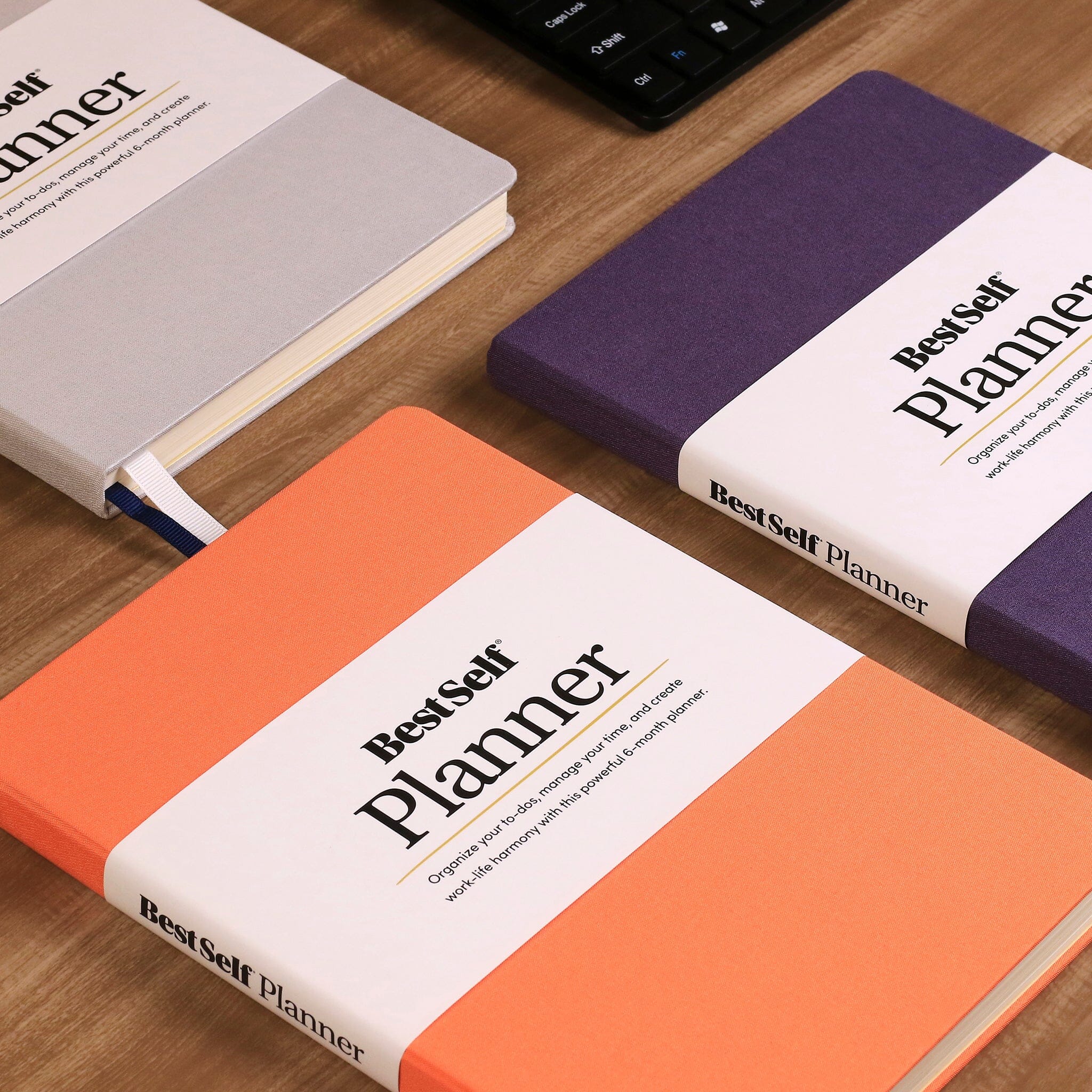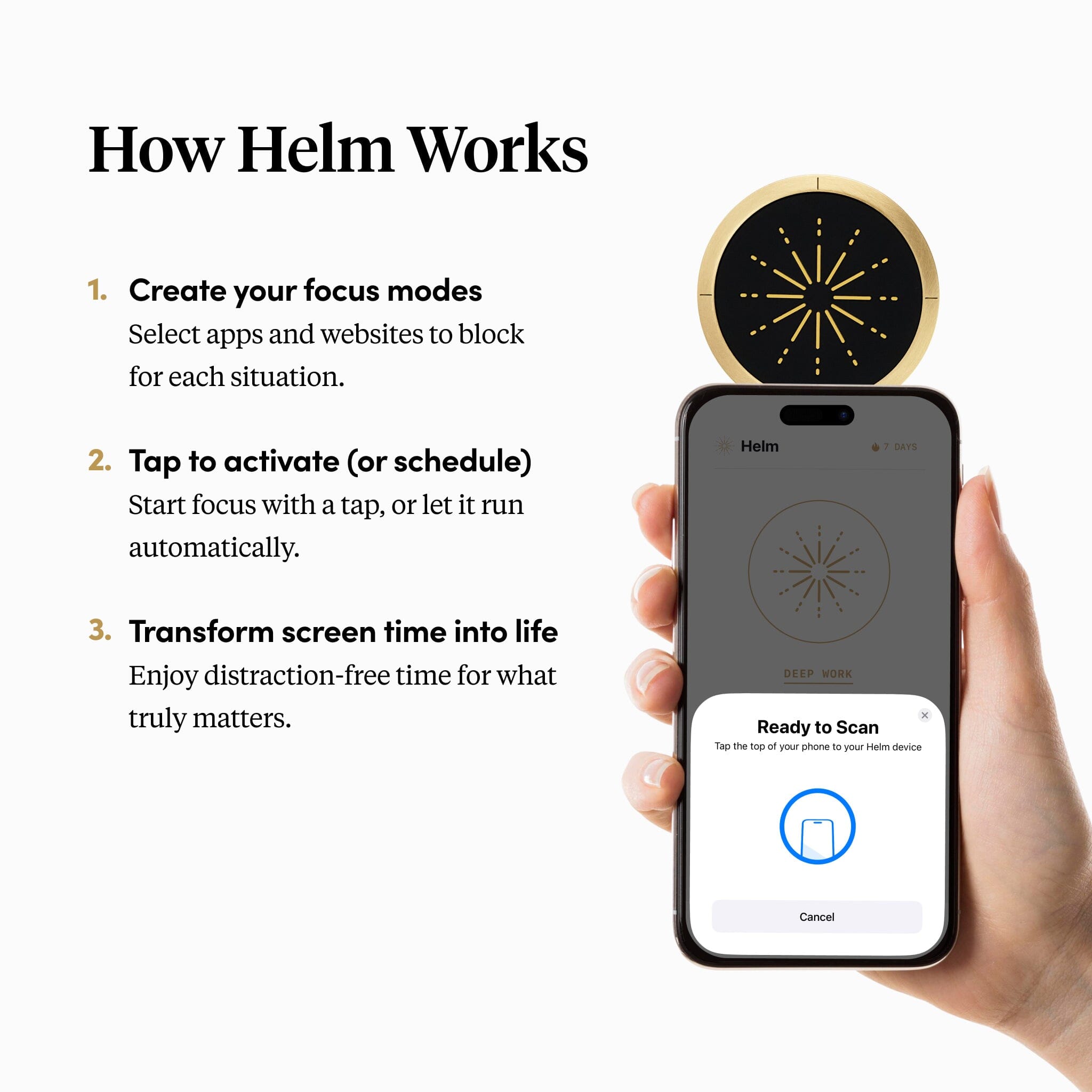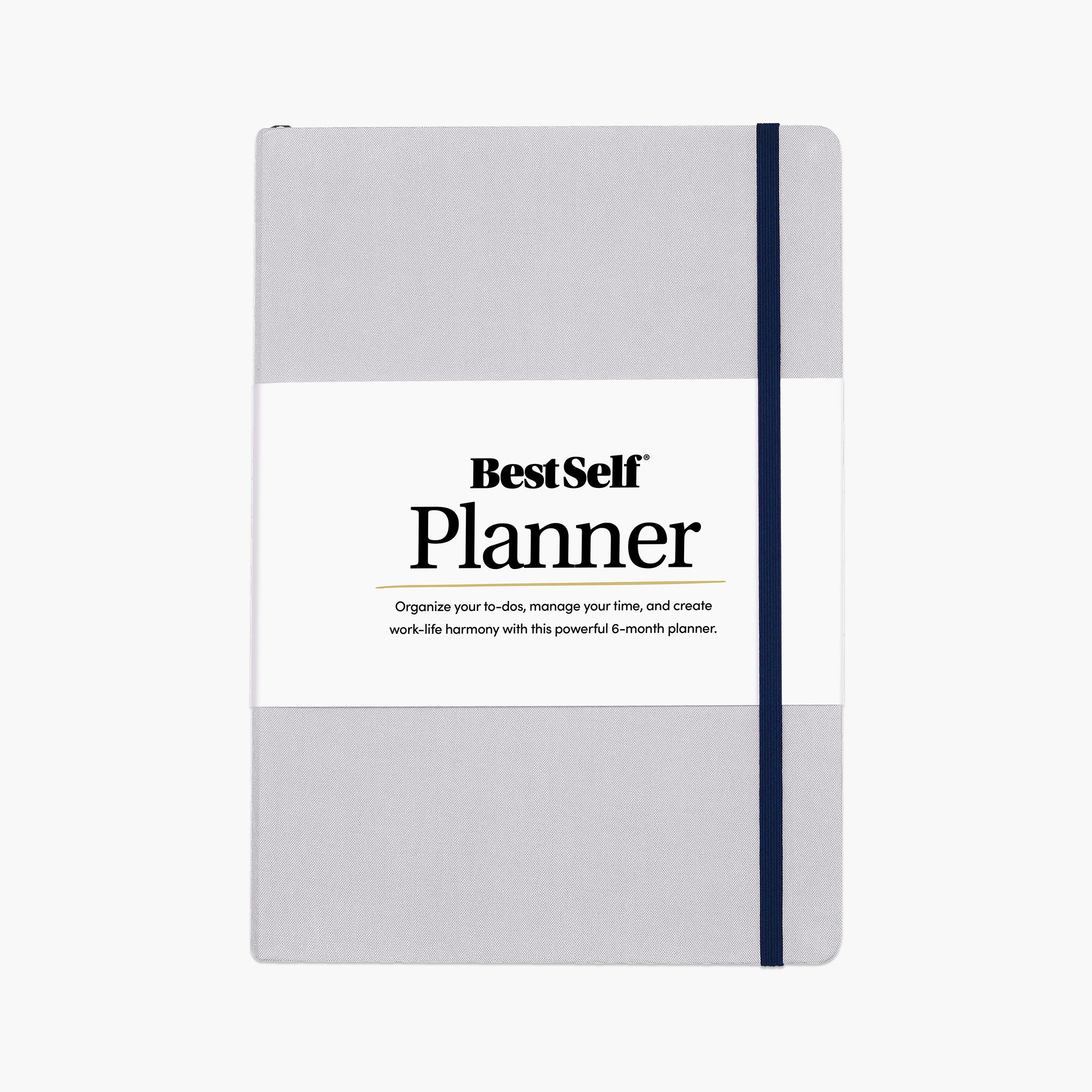There’s no way to sugarcoat the heartbreaking, stomach-dropping feeling we get when we fail at something big. Especially when it’s something we’re deeply passionate about. Something we believed in wholeheartedly. Something that we gave our time, sleep, money and souls for.
What’s worse is living in an age where everyone seems to be boasting about their success. On Instagram, we see thousands of people who seem to be effortlessly moving from one successful project to the next, and doing so with ease.
Failure can leave some people terrified to take another shot in the dark, and some never do. Their failure becomes the end. Despite how embarrassed and heartbroken you may feel, failure means you tried to create something bigger than yourself. Something that challenged you and pushed you to your limits. Maybe you just didn’t have what it took to pull it off this time. But you’re a hell of a lot closer than when you started.

Photo Credit: Anthony Tran
Failure isn’t the end. It’s just the beginning. You’ll recover, but it may take some time. We’ve faced some devastating failures in the past too.
But we’ve found that doing at least one of these five things helped a lot in getting past it & moving on:
1. Let it all out.
When failure feels so big, it can be hard to share your thoughts and fears with those around you. You’re going to want time — time to step away from your project and sleep your days away. That’s fine and it’s OK to feel bad but you’ll also need time to vent. This is where journaling comes in.
There’s something therapeutic about journaling. Write down everything on your mind: your fears, where you went wrong, what you hated, and what you loved.
You’ll find that once you write everything down, you’ll start remembering the good parts: the things that you enjoyed doing, what you can’t give up doing despite the end of this project.
Writing everything down will give you a clearer mind. It’ll help you better understand your train of thought, what the problems were and where you think you can go from here.
2. Exercise
You’ll instinctively want to curl up and hide in your bed or on the sofa. Failure makes us feel stuck and paralyzed. We feel scared and powerless so we freeze up and stay still. But at some point, you’ll need to get up and move. This is why we need exercise more than ever during this time.
Exercise boosts our mood and alleviate our anxiety. It’s a form of distraction we desperately need when we experience failure. As we push our body, exercise allows our mind to wander, to sift through our other options and come up with new ideas in an organic way.
3. Reflect on your failure
Once you’ve vented in your journal and through exercise, you’ll find it easier to reflect on your failure. It’s important to reflect on what went wrong but not to dwell on it. If you’re dwelling, you’re going to interpret these mistakes as a personal failure which will lead to “self-doubt and stress [to] activate and strengthen your brain's involuntary, reactive neural networks. As these circuits become the automatic go-to networks, the brain is less successful in problem-solving and emotional control,” neurologist Judy Willis explains.
In other words, you won’t be able to think clearly about your next plan. Don’t just reflect on your failure during this time but read about the failures of some of the most famous people in history to remind yourself that failure is part of the equation to success.

Photo Credit: Neven Krcmarek
4. Make a plan.
Focus on your future by setting up a new plan. You now know what went wrong before, so you’re better armed. Ask yourself what your goals are now. What you want to avoid doing. How you can make things better than before. Build a stronger skeletal framework, establish big goals and break everything down into smaller steps.
5. Start small.
The first few steps back into the game will have you feeling wary so start small. Tackle small goals first to earn those small wins and get stronger with each goal accomplished. Failure has armed you to take on a new challenge.
What other option is there to getting back up again?
Go through these 5 steps and we guarantee you won’t regret it.
Because you know what’s worse than failure?
It’s looking back on your life 20, 40, 50 years from now and knowing you gave up out of fear. Whether it’s the fear of failing again, looking pathetic in the eyes of others, or of standing out, it’s fear nonetheless.
It’s hard to do something different. It really is. It can be lonely and frustrating at times, but ask yourself, do you want to be 80 years old, knowing that you have chosen to blend in with everybody else because you were too scared to fail again?





































